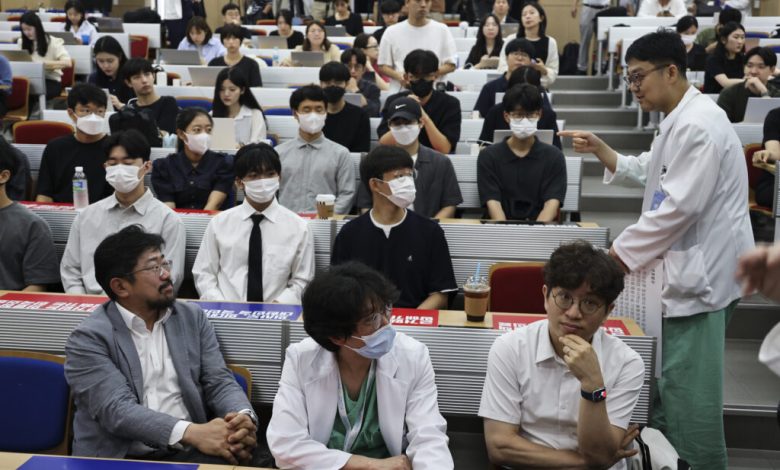South Korean and Japanese universities under pressure to lift tuition fees
Universities in South Korea and Japan are grappling with financial constraints due to tuition fee policies and demographic challenges. The 15-year tuition freeze in South Korea has resulted in financial difficulties, forcing some universities to raise tuition fees. In Japan, a proposed increase in fees at the University of Tokyo sparked opposition amid concerns about accessibility for lower-income students. Both situations are causing debates about the sustainability and accessibility of higher education in the face of demographic and economic challenges.

With digital transformation, universities worldwide are investing heavily to keep pace with technological advancements, with a focus on generative artificial intelligence. But in South Korea and Japan, financial constraints pose significant challenges. South Korea’s prolonged tuition fee freeze has exacerbated financial difficulties for its higher education institutions, while Japan faces opposition to proposed tuition fee increases amid strict regulatory controls.
In Japan, the University of Tokyo has sparked opposition from students considering a tuition fee increase. Since reforms to Japanese higher education in 2004 — when Japan’s national universities were restructured into university corporations — tuition fees have been set by each institution under a ministerial ordinance. This proposed increase of tuition fees in Tokyo University is being closely monitored for its impact on other national universities. Critics argue that higher fees could exacerbate inequalities and limit access to university education for students from lower-income families. Supporters claim that they are necessary to maintain the quality and competitiveness of Japan’s higher education institutions.
The issue looks even more serious in South Korea. After a tuition fee freeze in 2009, both national and private institutions have grappled with financial difficulties. The tuition freeze is formally a government recommendation, but in effect it is mandatory. The government has exerted pressure on universities not to raise fees under financial penalties for non-compliance. Universities, reliant on government funding, have reluctantly complied.
Find out more: East Asia Forum




